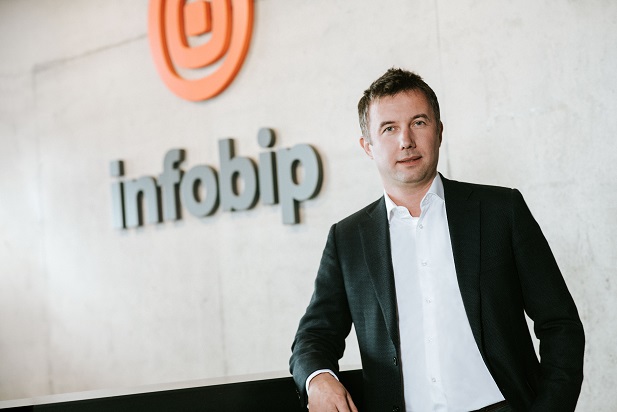A group of private sector and government agencies have partnered with the UN Capital Development Fund in a pilot program to link small and medium enterprises to sources of financing.
The partnership known as Agora is a digital platform that seeks to serve as a global public good by scaling up the sourcing of new investment lead opportunities in emerging and developing economies, such as Uganda.
In 2020, a survey was done on the state and challenges facing the Small and Medium Enterprises (SMEs) sector in Uganda, by the UNCDF, Ministry of Trade, Industry and Cooperatives, Uganda Revenue Authority, and Makerere University, with the support of the European Union.
While access to affordable and long-term capital is a common challenge for SMEs across all development low development countries and emerging markets, the survey was intended to identify in detail all the causes and suggest solutions.
That research highlighted, among other things, the importance of access to affordable finance for sustainable economic development, especially for SMEs in value addition, agroindustry, and manufacturing.
Uganda is one of the two countries where Agora will be piloted before the launch of the global pathway by the end of 2022.
The Ministry of Finance, Planning and Economic Development, the Private Sector Foundation of Uganda (PSFU), and the Federation of Small and Medium-sized Enterprises (FSME) will support the pilot in Uganda.
The partners have now put out an open call for Ugandan-based entrepreneurs and business owners in need of financing to seize this opportunity and register on the platform.
Dmitry Pozhidaev, the UNCDF Country Head of Office in Uganda says Uganda was chosen for the pilot because of the strength of the SME sector to the economy, and a part of efforts to help its recovery from the Covid-19 pandemic.
The initiative is aimed at putting entrepreneurs in a position to connect with investors and other actors in the capital markets.
Agora is expected to provide a much-needed and long overdue opportunity for local businesses to partake in the global financing arena, according to Pozhidaev. The partnership is particularly interested in attracting as many youth-led enterprises as possible.
The opportunities will be accessed through an online portal, which Pozhidaev says is aimed at making it easier, cheaper, and less time-consuming for the applicants.
Asked whether they have identified SMEs in a largely informal Ugandan business sector to access funding, UNCDF Deputy Secretary Xavier Michon said that the SMEs exist but just that they do not have information.
“There are many entrepreneurs and businesses that are ready to acquire the necessary financing to grow their businesses. For many of them, the only obstacle in the way is the market they happen to be operating in,” said Michon.
He says Agora will bridge the information gap that prevents investment finance from reaching promising projects in the world’s frontier, emerging, and developing markets.
“By bridging this gap, Agora will help deliver critical lifelines of capital to the businesses, entrepreneurs, and communities that have been underserved by the global financial architecture,” he said. Agora intends to provide investment managers with innovative lead sourcing, screening flexibility, direct connection to principals, and a possible collaboration with co-investors.
Likewise, capital seekers will have access to similar functionalities to connect with capital providers and will be able to make themselves known to investors, companies in their ecosystem, and other partners.
This will give entrepreneurs in the targeted economies visibility to investors all over the world, making access to local, regional, and global non-traditional financing easier.
As a global public good, Agora will also facilitate connections between entrepreneurs from the frontier, emerging, and developing economies with prospective partners, including investors, who can provide the critical knowledge, technical support, and capital to foster opportunities for growth.
Agora also relies on a newly established network with a wide range of like-minded public and private entities interested in supporting and expanding impactful investments in the said economies.
The Agora network includes finance advisors and consultants, finance companies, market analysts, and researchers like Ernst & Young, the International Chamber of Commerce, Quantcube, FirstRand, Ideal Prediction, and Business Africa among other institutions.
-URN





